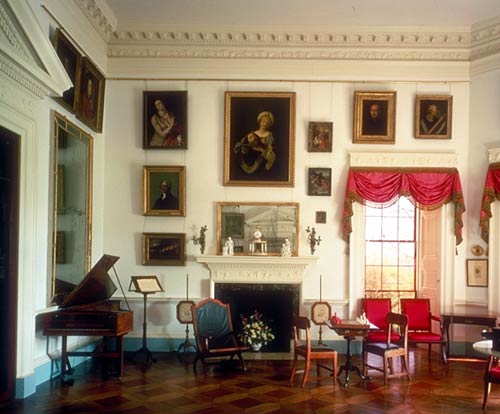Contra Christian Nationalism
I want to point out that several individuals who were prominent in the founding of our nation were not Christians in this sense. They believed there was a “God”, but they did not accept traditional Christian theology.
Tom Paine
Mr. Paine spurred the hearts of the American colonists toward Revolution with his renowned essays “Common Sense” and “The American Crisis.” For these words he was celebrated. At a later date, however, he wrote an essay deeply critical of the Bible and Christianity, commenting,
“Of all the systems of religion that ever were invented, there is none more derogatory to the Almighty, more unedifying to man, more repugnant to reason, and more contradictory in itself, than this thing called Christianity.” [The Age of Reason, Ch. 3, p. 100]After he published this essay, he was reviled and abandoned.
Ethan Allen
Ethan Allen is a famous war hero of the American Revolution. Less well known is the fact he did not consider himself a Christian:
“In the circle of my acquaintance, (which has not been small,) I have generally been denominated a Deist, the reality of which I never disputed, being conscious I am no Christian, except mere infant baptism make me one....” [Preface to Reason, the Only Oracle of Man]Thomas Jefferson
I have mentioned Mr. Jefferson’s views in an earlier post, but they bear repeating as a challenge to those who claim that he and the other Founders intended to establish a Christian nation. In brief, Mr. Jefferson believed in a God and admired Jesus, but rejected “Christianity” as a perversion of Jesus’s principles:
“...But a short time elapsed after the death of the great reformer of the Jewish religion, before his principles were departed from by those who professed to be his special servants, and perverted into an engine for enslaving mankind, and aggrandizing their oppressors in Church and State....” [Letter To S. Kercheval, 1810]Ben Franklin
Ben participated in many of the conventions leading to the foundation of the United States of America. He believed in the existence of a Deity, but he had this to say regarding Jesus Christ:
“As to Jesus of Nazareth, my opinion of whom you particularly desire, I think the system of morals, and his religion, as he left them to us, the best the world ever saw, or is likely to see; but I apprehend it has received various corrupting changes, and I have, with most of the present dissenters in England some doubts as to his divinity....”I am not suggesting that these leaders were atheists or that they represented the beliefs of the majority of our nation’s founders. My point is that there was not even a universal belief in traditional Christianity among the founders. How then can we say that that they wanted to create a "Christian" nation?
Indeed, Founder and President John Adams later signed a treaty, the Treaty of Tripoli, with the following clause:
“As the government of the United States of America is not in any sense founded on the Christian Religion; as it has in itself no character of enmity against the laws, religion or tranquility of Musselmen; and as the said States never have entered into any war or act of hostility against any Mehomitan nation, it is declared by the parties that no pretext arising from religious opinions shall ever produce an interruption of the harmony existing between the two countries.” [Article 11, the version in English]Finally, I note that James Madison, one of the principal architects of the U. S. Constitution, had this objection to a government action which would establish Christianity as the State religion:
"During almost fifteen centuries, has the legal establishment of Christianity been on trial. What have been its fruits? More or less in all places, pride and indolence in the Clergy; ignorance and servility in the laity; in both, superstition, bigotry and persecution." [Memorial and Remonstrance against Religious Assessments (1785), Clause #7]In his view, government should not establish a coalition with Religion at all. I agree with him entirely.
Alex Budarin
Labels: Christian Nation





